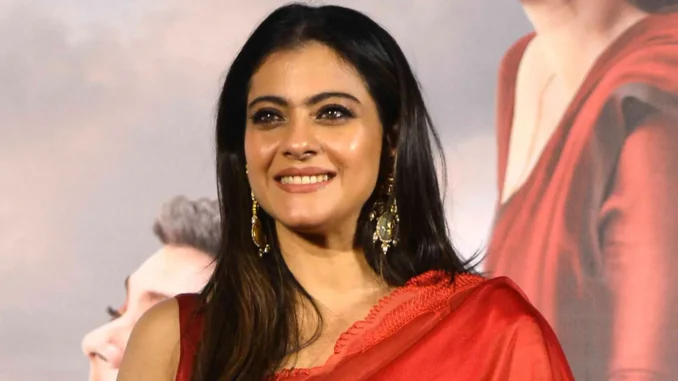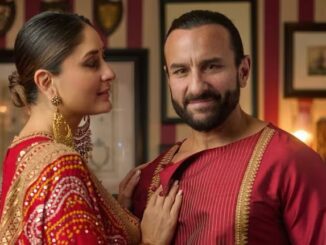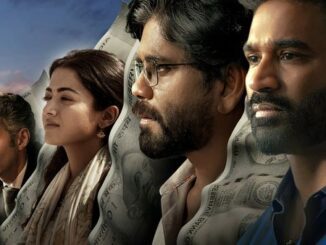
Bollywood actress Kajol has found herself at the center of a heated online conversation after a recent public appearance where she declined to repeat a speech originally delivered in Marathi, when asked to do so in Hindi. The incident, which took place at a cultural event celebrating regional cinema, has triggered mixed reactions across social media, with netizens divided on whether the star’s refusal was a matter of linguistic pride or unnecessary rigidity.
During the event, Kajol, who has roots in Maharashtra and is fluent in Marathi, took to the stage and delivered a heartfelt speech in the regional language. Her address reportedly touched upon the importance of preserving local culture, respecting one’s mother tongue, and embracing the diversity of Indian languages. However, moments later, a section of the audience requested her to translate or repeat her words in Hindi for those who didn’t understand Marathi.
In response, Kajol politely but firmly declined, stating, “I have expressed my thoughts in Marathi, and I believe the message will reach those it’s meant for.” Her remark, while respectful in tone, stirred a conversation that quickly spread to social media platforms, igniting both support and criticism.
Supporters of the actress lauded her for taking a strong stand in favor of regional languages and resisting the growing trend of overlooking them in favor of more widely spoken tongues like Hindi or English. Many praised her for using her platform to promote Marathi and insisted that the onus shouldn’t always be on the speaker to adjust, but rather on audiences to embrace linguistic diversity.
“She’s absolutely right,” wrote one user on X (formerly Twitter). “Why should everything always be in Hindi? If we don’t start respecting regional languages, they’ll slowly lose their identity.”
Another fan commented, “Kajol’s choice to speak in Marathi at a Marathi event should be seen as a celebration of inclusivity, not as a snub. Her decision was dignified, and we need more celebrities to highlight our linguistic heritage.”
However, not everyone was in agreement. Some felt Kajol’s refusal was exclusionary, especially considering her popularity across India. Critics argued that a translation or summary in Hindi would have been a gesture of inclusivity toward a broader audience who may not understand Marathi.
One user questioned, “Is it so difficult to repeat your speech in Hindi for the benefit of others? Communication should be about making people feel included, not drawing lines based on language.”
Another social media post read, “No one is saying don’t speak in Marathi, but why not translate it too? After all, she’s a national star with fans who speak many different languages.”
The controversy has also led to a larger conversation about linguistic preferences in the Indian entertainment industry, especially in a country with 22 officially recognized languages and countless dialects. While Bollywood is often associated with Hindi, many argue that regional languages deserve more visibility and respect.
Despite the divided opinions, Kajol has not issued any further statements or clarifications on the matter. Known for her candid personality and straightforward approach, it seems the actress is standing by her original choice without engaging in the surrounding noise.
The incident has served as a reminder of how deeply language is tied to identity and emotion in India. It has also sparked important dialogue on how public figures navigate the complex linguistic landscape of the country—and whether they should be expected to always cater to a majority language.
As the internet continues to debate the issue, one thing remains clear: Kajol’s moment on stage has touched a nerve, and it has once again brought the question of linguistic respect and representation to the forefront of public discourse.



